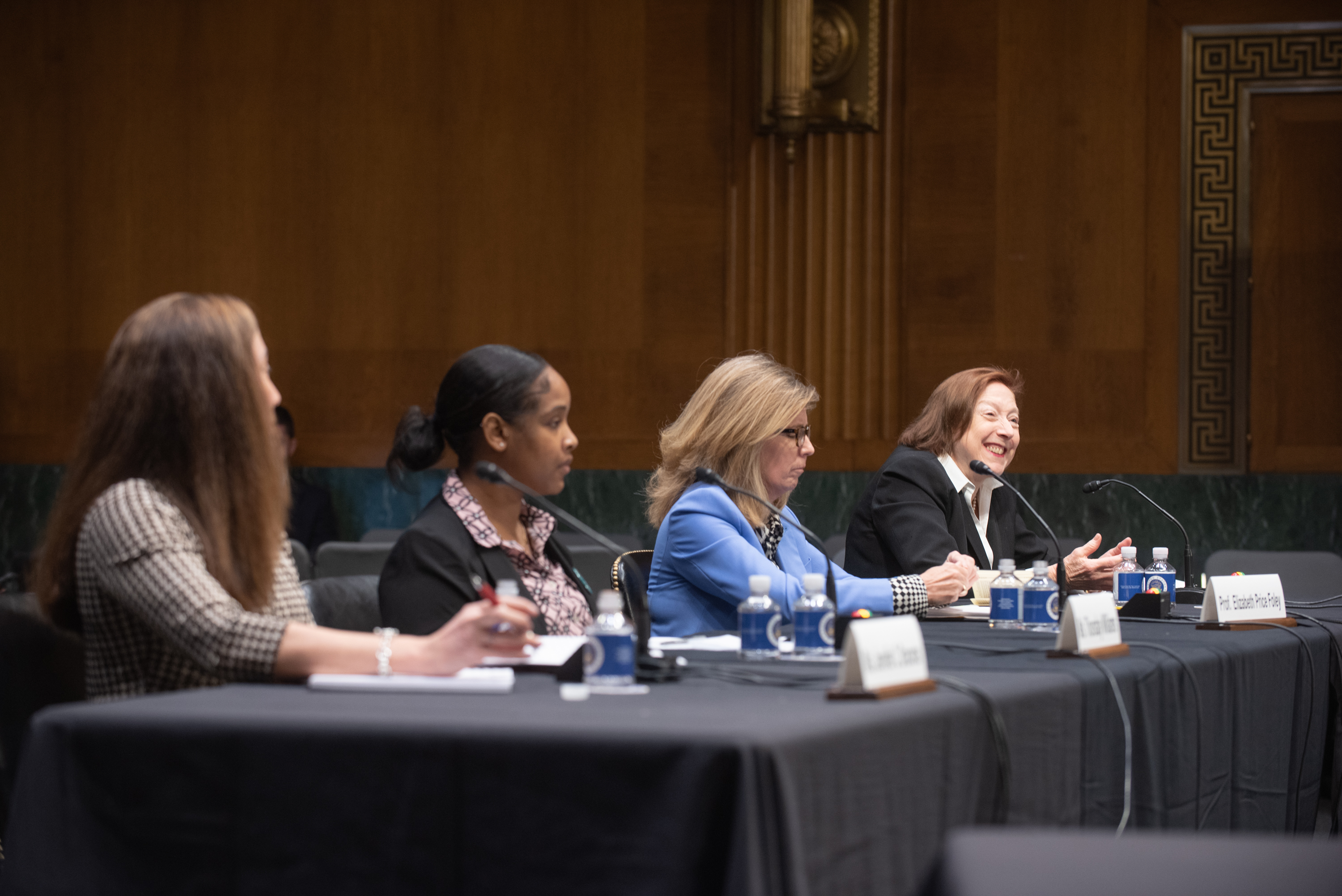Leveling the playing field with the ERA for Women in Sports
February 04, 2026

The Equal Rights Amendment (ERA) is a proposed amendment to the United States Constitution that would guarantee equal rights under the law for all citizens regardless of their gender. The amendment was first proposed in 1923 by suffragist leaders Alice Paul and Crystal Eastman, and it has been reintroduced in every session of Congress since then.
It has been 100 years since the ERA was first proposed. #era100
"Equality of rights under the law shall not be denied or abridged by the United States or by any State on account of sex." - The Equal Rights Amendment
Although the ERA was passed by Congress in 1972 and sent to the states for ratification, it fell short of the necessary 38 states needed for ratification by the arbitrary 1982 extended time limit. Since then, there have been ongoing efforts to publish the ERA, and in 2020, Virginia became the 38th state to ratify the amendment, reaching the required number of states needed for ratification.
The Equal Rights Amendment has met the requirements set forth in Article V of the Constitution, though it has yet to be published.

The answer lies in the ongoing fight for gender equality. Despite advances made in recent decades, women in the United States still face numerous barriers and inequities, both in terms of legal protections and societal attitudes. The ERA would provide a much-needed constitutional safeguard against discrimination on the basis of gender.
One of the main arguments in favor of the ERA is that it would ensure that laws and policies are applied equally to all citizens, regardless of their gender. For example, the ERA would give constitutional backing for laws that prevent employers from paying women less than men for the same work, and it would prohibit discrimination based on sex in areas such as education, housing, and healthcare.
"The Equal Rights Amendment is simple. It affirms that women have the same rights as men under the Constitution."
- Gloria Steinem
Another important aspect of the ERA is that it would send a powerful message about the value of gender equality in our society. By enshrining gender equality in the Constitution, we would be affirming the principle that all individuals deserve equal protection under the law, regardless of their gender.
Opponents of the ERA argue that it is unnecessary, as existing laws and court decisions already provide protections against gender discrimination. However, supporters of the ERA counter that though progress has been made, current protections are not sufficient, and that a constitutional amendment is needed to ensure that gender equality is seen as a fundamental value in our society and cannot be rolled back by a partisan Congress or a politicized Supreme Court.
"We need an amendment that gives women equal rights, not one that merely prohibits discrimination against women."
- Ruth Bader Ginsburg
Opponents also use transgender protections under the ERA as a reason to oppose the amendment, though this is really a red herring and a way to divide the movement for equality. ALL people, regardless of sex, gender, sexual orientation, or gender identity are worthy of equal treatment under the law.
The Equal Rights Amendment is an important issue that has far-reaching implications for gender equality in the United States. By providing a constitutional guarantee of equal rights under the law, the ERA would help to address longstanding inequities and ensure that all individuals are treated fairly, regardless of their gender.
Subscribe to our newsletter to stay updated on the ERA and equality for all!
Watch our ERA 101 town hall discussion below, or check out these resources for a little more info: